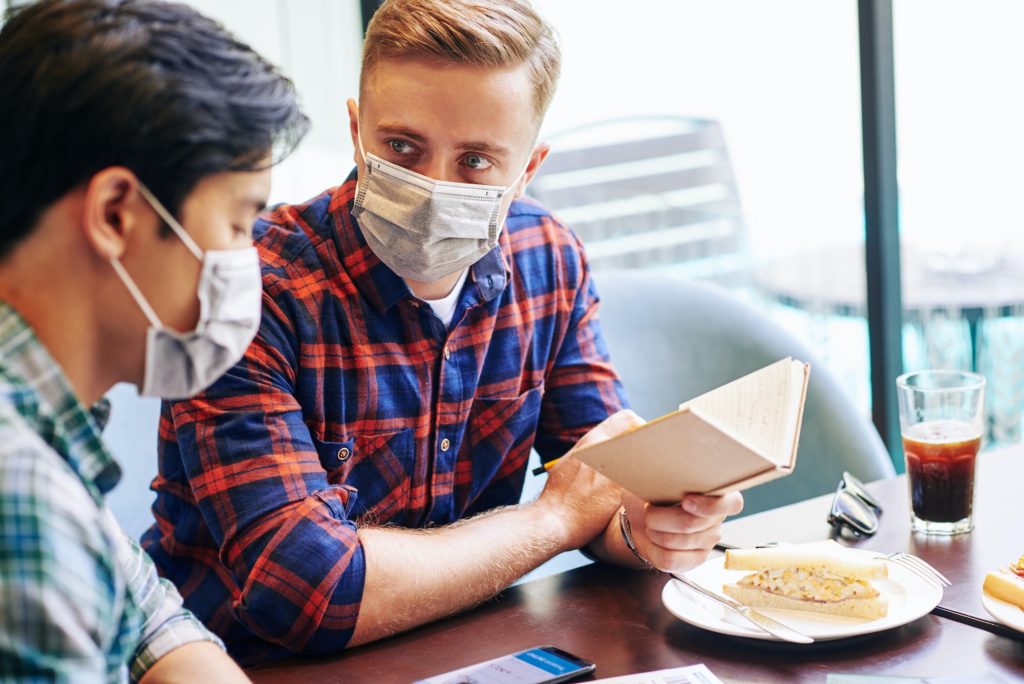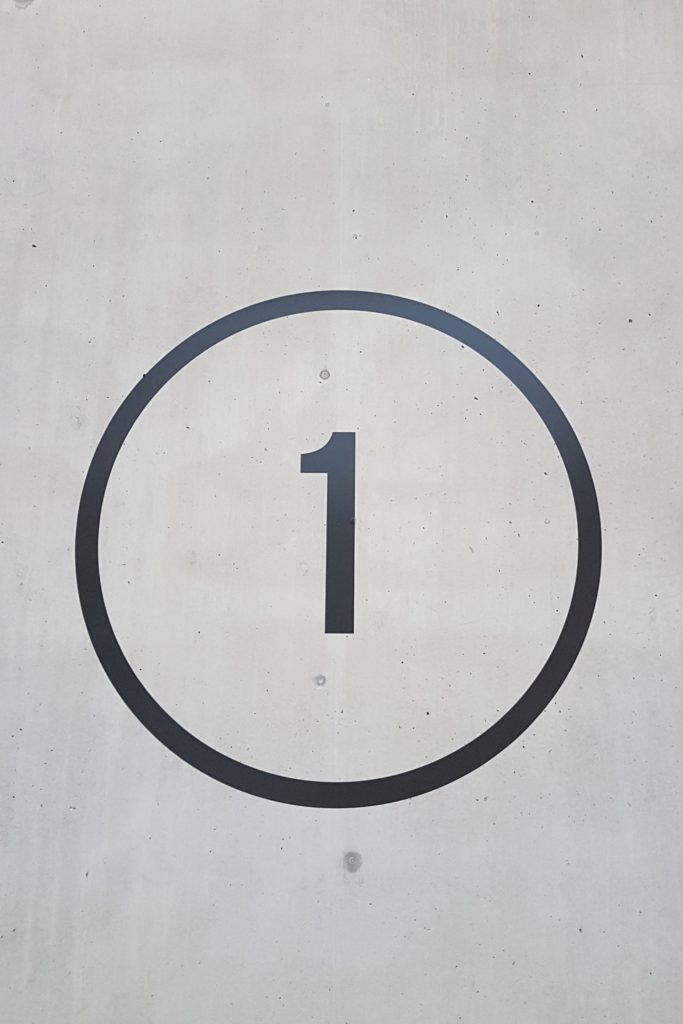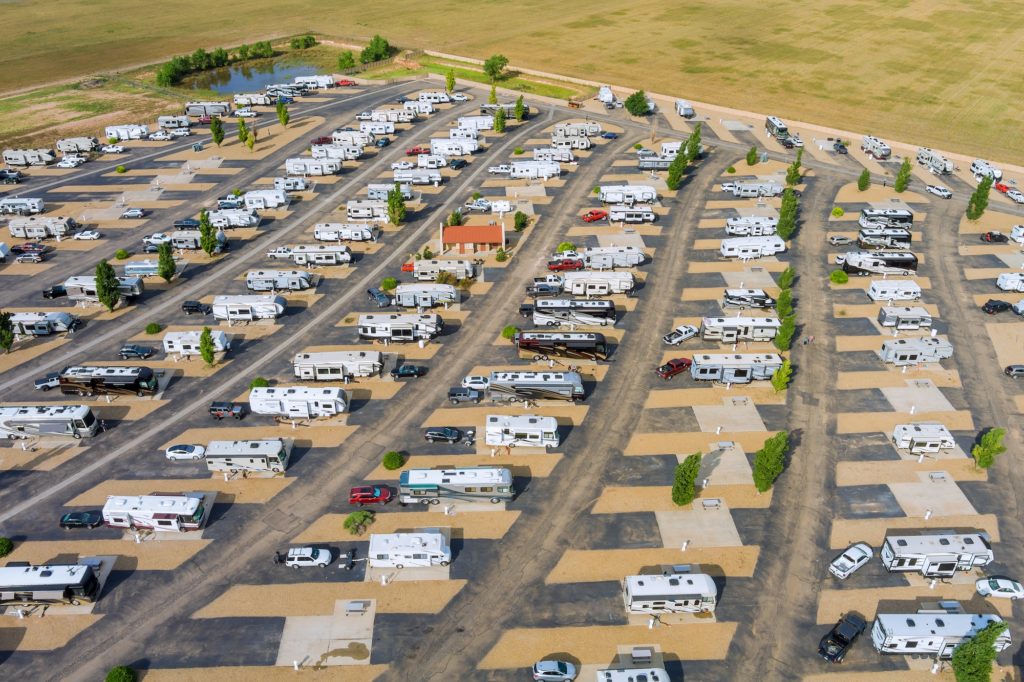Investing is more about managing risk than pursuing profits. Ask the layman about investing and he is very likely going to flip that script.
Profits are attractive. They make news and earn respect. Profits are coveted by others, as are the fancy possessions that profits can buy. Greed is a powerful emotion, so most people focus on actions and outcomes that feed it. What many people don’t understand is that focusing on loss is the real secret to earning profits.
Focusing on loss, or managing risk, is an invaluable skill to possess in both life and investing. Managing risk well can improve your odds of survival, which fundamentally precedes good fortune. If you aren’t alive or in the investing game, then you absolutely cannot be present at the payoff. As Howard Marks says, “avoid the losers and let the winners take care of themselves.”
The COVID-19 pandemic has reminded me how unnatural risk assessment is for most people. The rejection of social distancing and quarantine guidance seems to be primarily motivated by a sense of liberty or the risk of losing liberties. The liberty that we see people demonstrating isn’t a liberty to access food, water, or shelter. Many people are attending crowded church services, parties, and children’s play dates.
The problem with things like church services, parties, and play dates is that the payoff is not commensurate with the risk. Investors call this asymmetric risk to the downside. Catching the virus and dying is a legitimate concern that is not proportionate to the temporary joy of a non-essential activity. The risk to oneself and others is too great.
We do not have to accept the risk of catastrophic loss. As it relates to investments, I choose not to participate in deals that appear to have complete downside exposure. I do not want to lose my money. I prefer to invest when the downside appears limited and the upside is substantial. This is the kind of asymmetric risk that I accept. If I cannot find a deal like that, then I do not act.
During this pandemic, I choose to weigh the importance of my interactions with society against the risk of exposure and possible death. In my case, I have a high-risk child who is dependent upon me to avoid bringing a deadly virus home. Therefore, I’m staying home.





